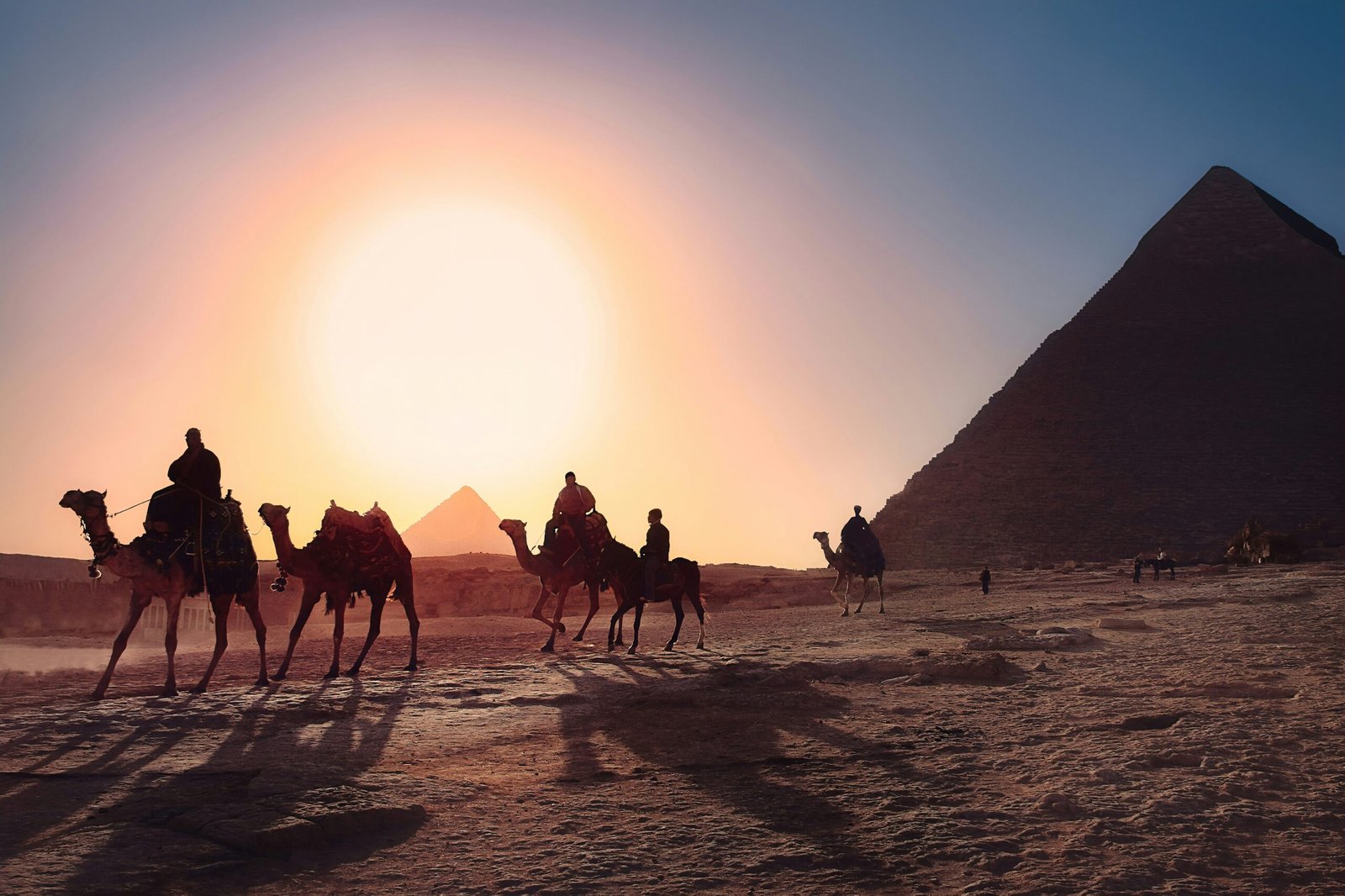The ancient Egyptian civilization, one of the oldest and most influential cultures in history, thrived along the banks of the Nile River for over three millennia. Central to Egyptian society was their deeply rooted spiritual and religious beliefs, which governed every aspect of their daily lives, from the construction of monumental structures to their practices surrounding death and the afterlife.
The Egyptians were polytheistic, worshipping a vast array of gods and goddesses, each representing aspects of nature, cosmic forces, and human experiences. Some of the most well-known deities include Ra, the sun god, who symbolized life and creation, and Osiris, the god of the afterlife, who was believed to govern the realm of the dead. Isis, Osiris’s wife, represented motherhood and magic, while Anubis, the god of mummification, played a key role in funerary rituals. The Egyptians believed that the gods maintained order in the universe, a concept known as Ma’at, which represented truth, justice, and cosmic balance.
A significant aspect of Egyptian spirituality was the belief in the afterlife. The Egyptians viewed death as a transition into another realm, where the soul’s journey would be determined by their deeds in life. The Book of the Dead, a collection of spells and prayers, was often placed in tombs to guide the deceased through the dangerous journey to the afterlife, where they would be judged by Osiris. If deemed worthy, the soul would enter the paradise of the Field of Reeds, a peaceful afterlife filled with abundance. This belief in the immortality of the soul influenced the elaborate burial practices of the Egyptians, including the construction of tombs, pyramids, and the process of mummification.
The Egyptians also believed in maintaining harmony with the divine through daily rituals, prayers, and offerings to the gods. Temples were the focal points of religious life, where priests performed rituals to honor the gods and seek their favor. These temples were seen as the earthly homes of the gods, and it was the responsibility of the pharaoh, considered a divine ruler, to ensure that the gods were appeased.
In conclusion, the spirituality of ancient Egypt shaped the civilization’s culture, society, and worldview. Their reverence for the divine, the afterlife, and the principles of order and balance left a profound spiritual legacy that continues to inspire awe and fascination today.
Article Crafted by Yoga Home Bali Team

Leave a Reply